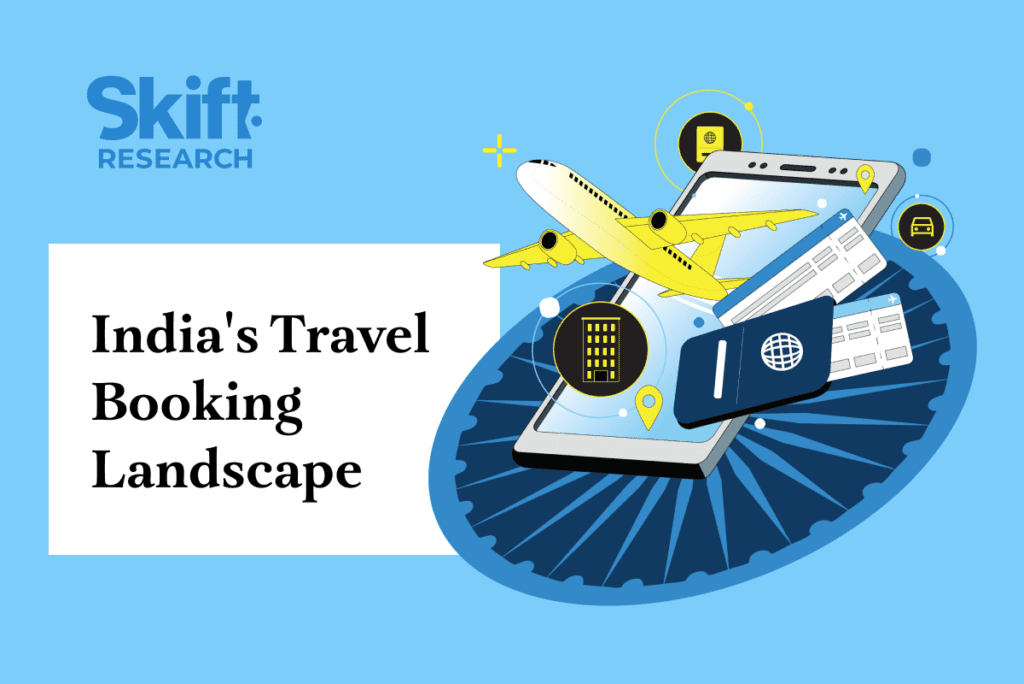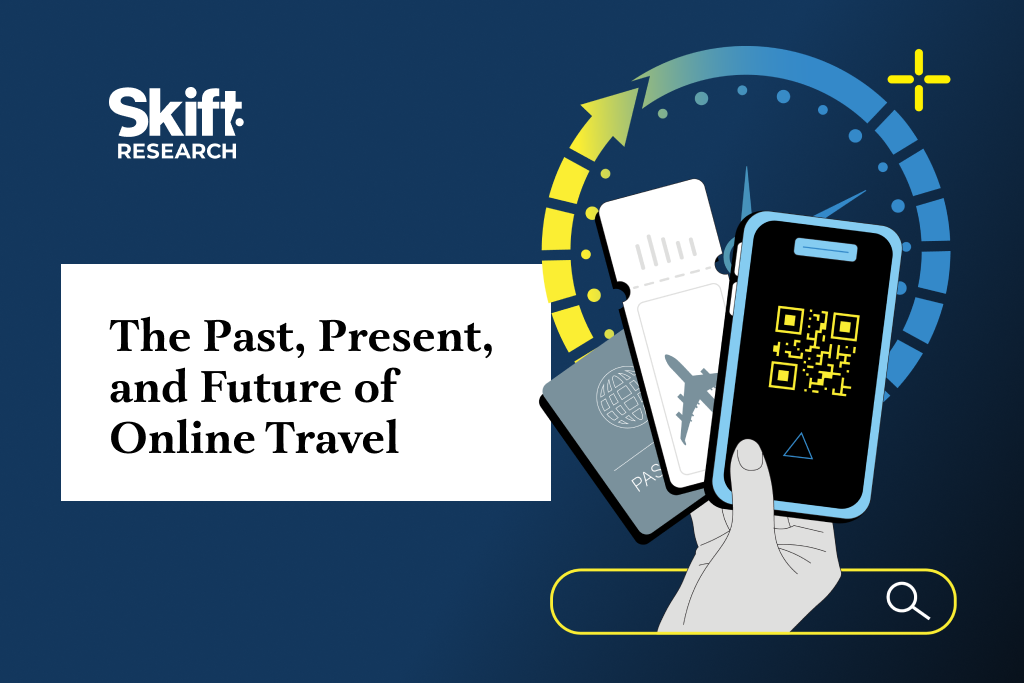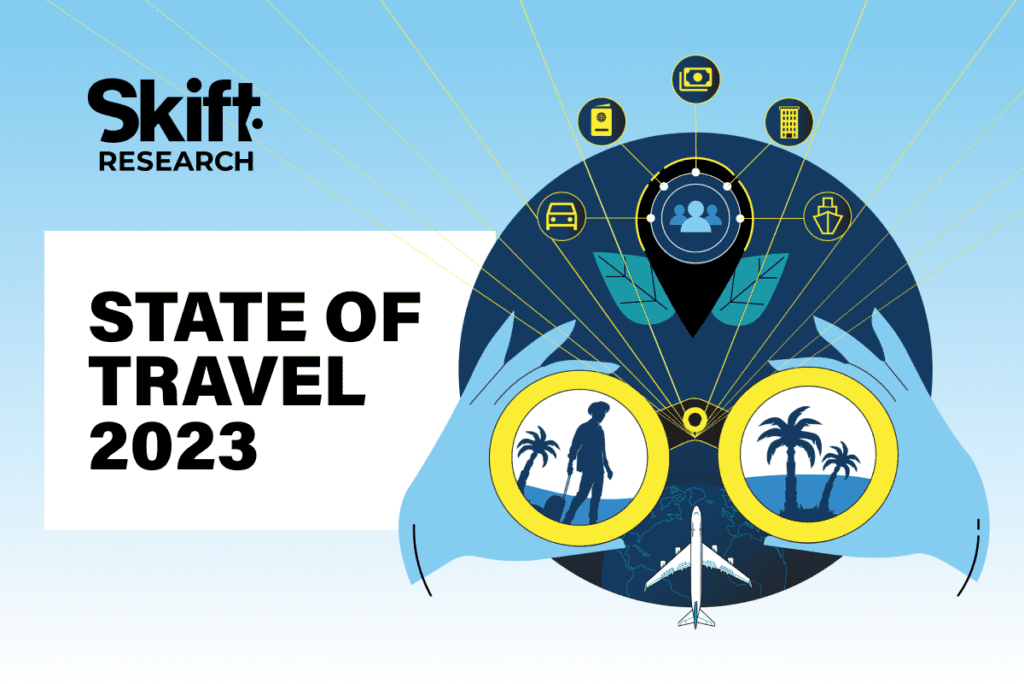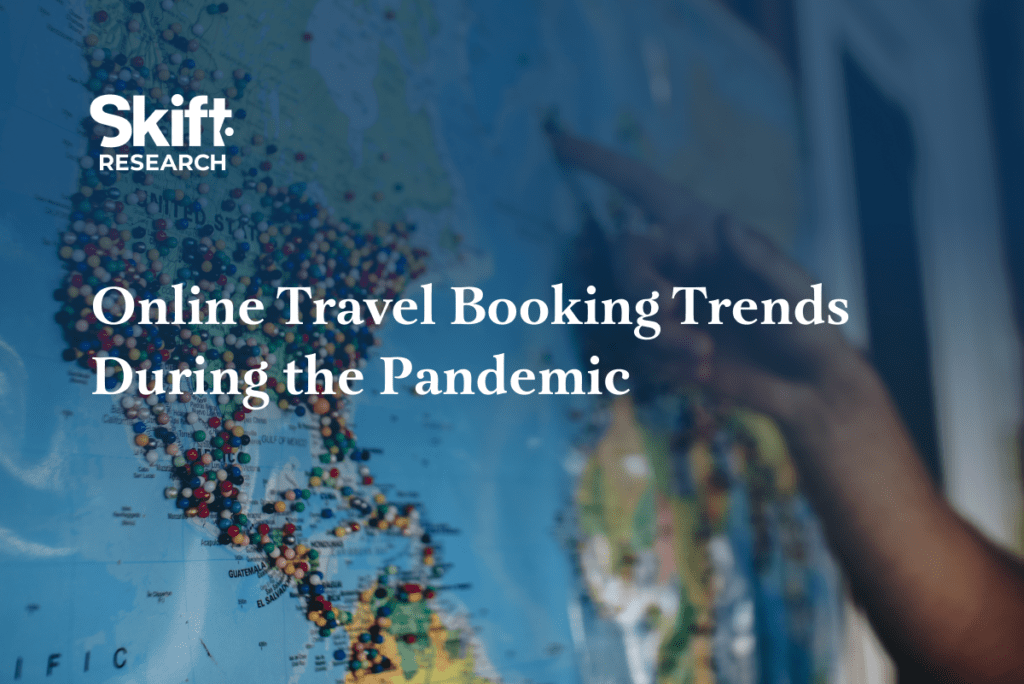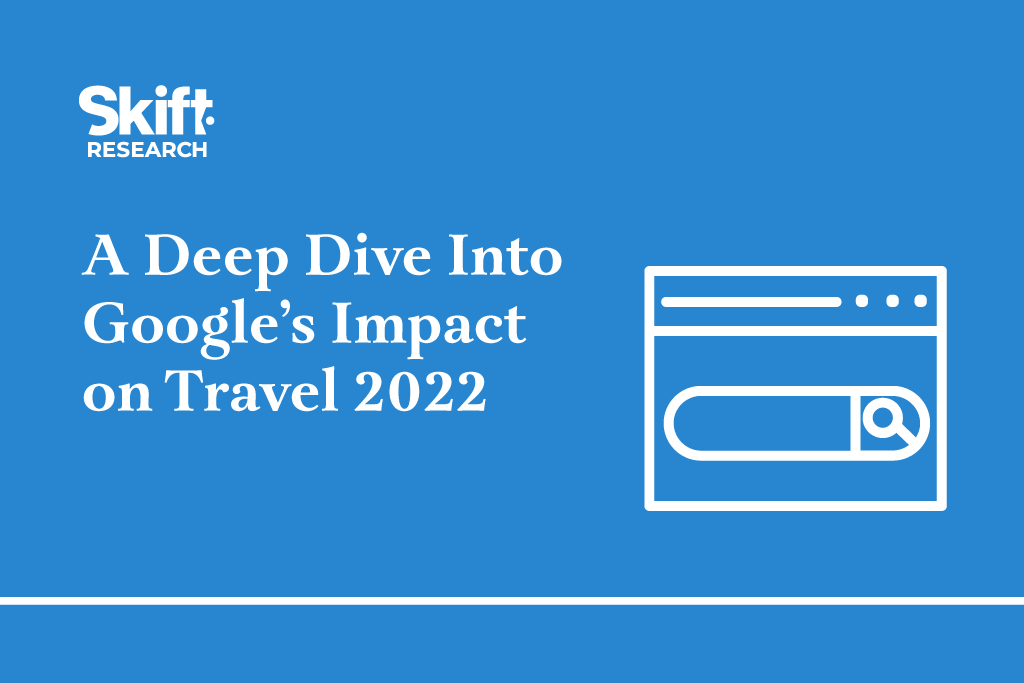Online Travel
A Deep Dive into Google Travel Part III: Hotel Distribution From East to West
We undertook a unique web scraping exercise of over 20,000 hotels listed on Google Hotels across the U.S., Europe, Asia Pacific and Middle East & Africa in order to understand today’s online hotel distribution landscape.
April 2024

